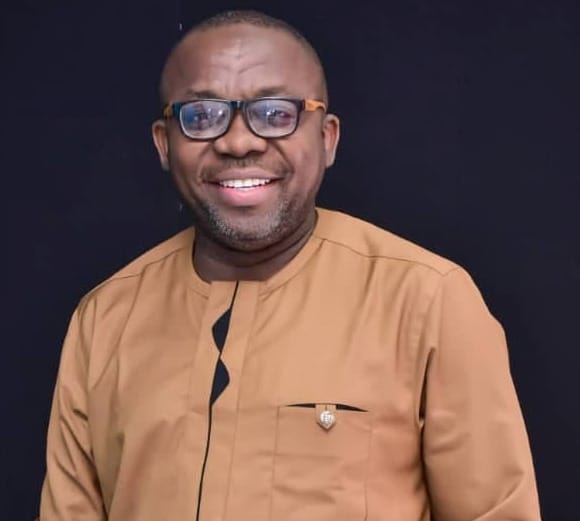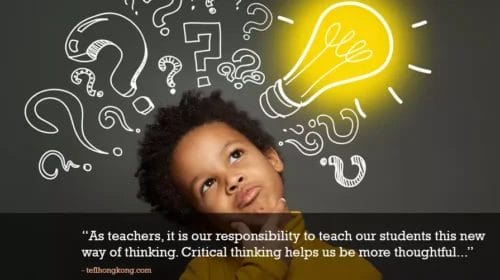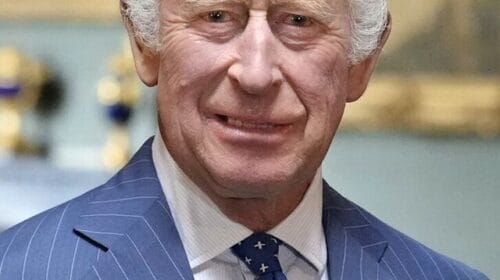Importance of Interfaith Dialogue with Humanists in Nigeria
By Leo Igwe
Call it an interfaith dialogue with humanists or a humanist dialogue with people of faith. An initiative to promote understanding and acceptance among persons from faith and no-faith traditions in Nigeria is imminent. Dialogue is critical to fostering tolerant pluralism, and peace among persons of various faiths and philosophies. Dialogue does not preclude debate or criticism of other views or beliefs. Criticism and cooperation go- and can go together. Debate and dialogue are two sides of the same coin of active, productive, and progressive existence. Dialogue is needed to reduce tension, prejudice, and differences. This form of conversation facilitates positive interaction and exchange, acceptance, trust, and harmonious coexistence of persons. To achieve peace and cooperation among people of faith and none in Nigeria, it is imperative to promote and encourage dialogue. Religious and non-religious persons must meet and interact in an atmosphere of mutual trust and respect. It is necessary to emphasize that at the foundation of the various theistic, non theistic, religious, non religious and irreligious views, positions and doctrines is our common humanity and other shared values.
Incidentally, the project of interfaith dialogue in Nigeria has mainly targeted people who entertain a ‘faith’. The project has created the impression that profession of faith or belief in a god or God is a necessary condition to partake in this conversation. The inter-religious dialogue events have excluded the nonreligious, and nontheists including all who identify as humanists, atheists, agnostics, or freethinkers. The project has been anything but open and inclusive of non-religious demographics and their concerns. The exclusion of humanists and atheists has undermined relationships between persons of faith and no-faith in the country. The exclusion has continued to reinforce anti-atheist prejudice and bias, the religious-us versus nonreligious-them, godly versus godless, faithful versus infidel dichotomies that have fueled hatred, prejudice and mistrust over the years.
As recent events have shown, irreligious persons exist in Nigeria. Atheists are found in different parts of the country. Irreligious individuals are affected by what religious persons do, and vice versa. Activities of religious and non-religious persons have reportedly fueled tensions and intolerance among people from faith and no-faith traditions. And these tensions and underlying differences deserve a forum where they could be addressed.
So, the exclusion of nonreligious persons in the ‘interfaith’ dialogue has been a serious oversight and measures need to be taken to address this gap and rectify this omission. The inclusion of nonreligious persons in the interfaith project is necessary to promote understanding, tolerant living, and peaceful coexistence of religious and nonreligious others. Interfaith dialogue should aim to be more inclusive and to add value to the relationship between humanists and people of faith.
The Humanist Association of Nigeria and the Interfaith Mediation Center are planning an interfaith/belief dialogue that fulfills this need. The proposed session, to be held in Abuja, will be the first in series of dialogic meetings and cooperative programs to identify shared values, and common grounds, and foster trust, friendship and cooperation among people of faith and no-faith in the country.




